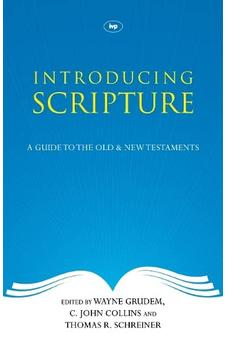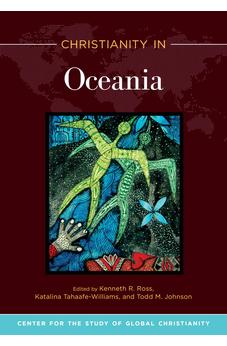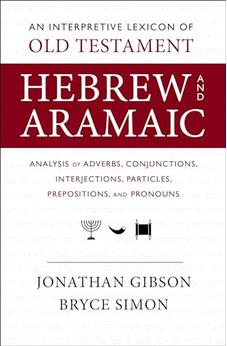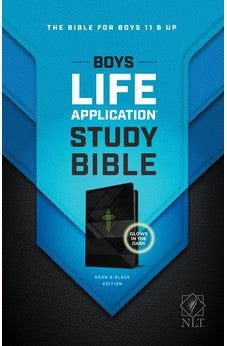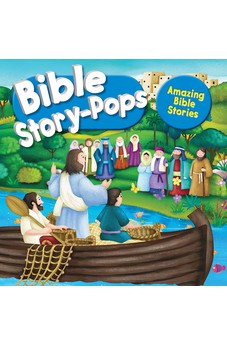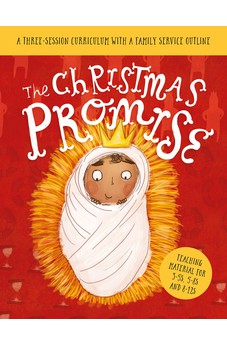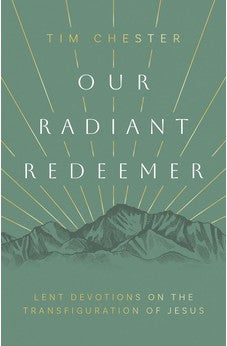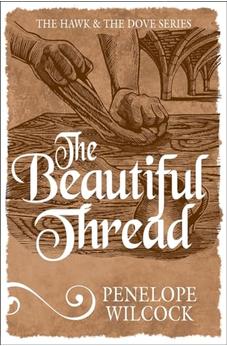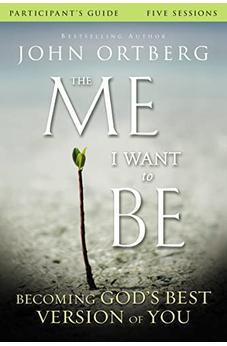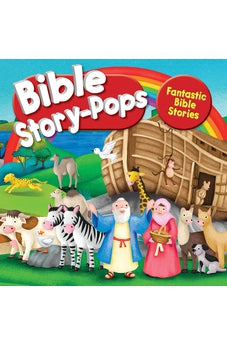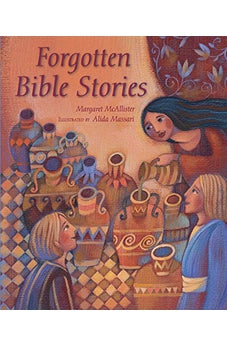He Became Poor: The Poverty of Christ and Aquinas's Economic Teachings (Eerdmans Ekklesia Series)
3 Great Reasons to Buy from Us:
Review Reinhard Hütter, - Duke Divinity School "With a style as lucid as it is engaging, Christopher Franks probes by way of an astute interpretation of Aquinas's economic teachings an old revolutionary proposal - Christian poverty. This Christ-configured 'economics' is surpassingly relevant as global capitalism is faced with a cataclysmic collapse. The greatest praise I can give this book is that its author has learned much from Dominicans past and present - not least from Thomas Aquinas - so much indeed that He Became Poor is suffused with the true spirit of Dominican poverty. We have much to learn from this important work." Drawing deeply on the views of Thomas Aquinas, He Became Poor challenges the modern economic tendency toward the "proprietary self" and calls for a renewed appreciation of the virtues of trusting receptivity and humble awareness of our membership in a larger benevolent order. Christopher Franks reveals how the summons to become poor bestows a new intelligibility on formerly obscure economic teachings. In the course of his discussion Franks juxtaposes Aquinas with Aristotle, John Locke, and Alasdair MacIntyre. This book makes a provocative case for taking Aquinas's thoughts on economics more seriously and illustrates how the very market conditions of the modern world cloud any attempt to fully understand Aquinas. Franks offers a convincing argument that questioning market-formed assumptions can actually help us recover the evangelical character of Aquinas's ethics. About the Author Christopher A. Franks is assistant professor of religion atHigh Point University, High Point, North Carolina. He isthe author of several articles in Journal ofReligion and Modern Theology; this is hisfirst book.




